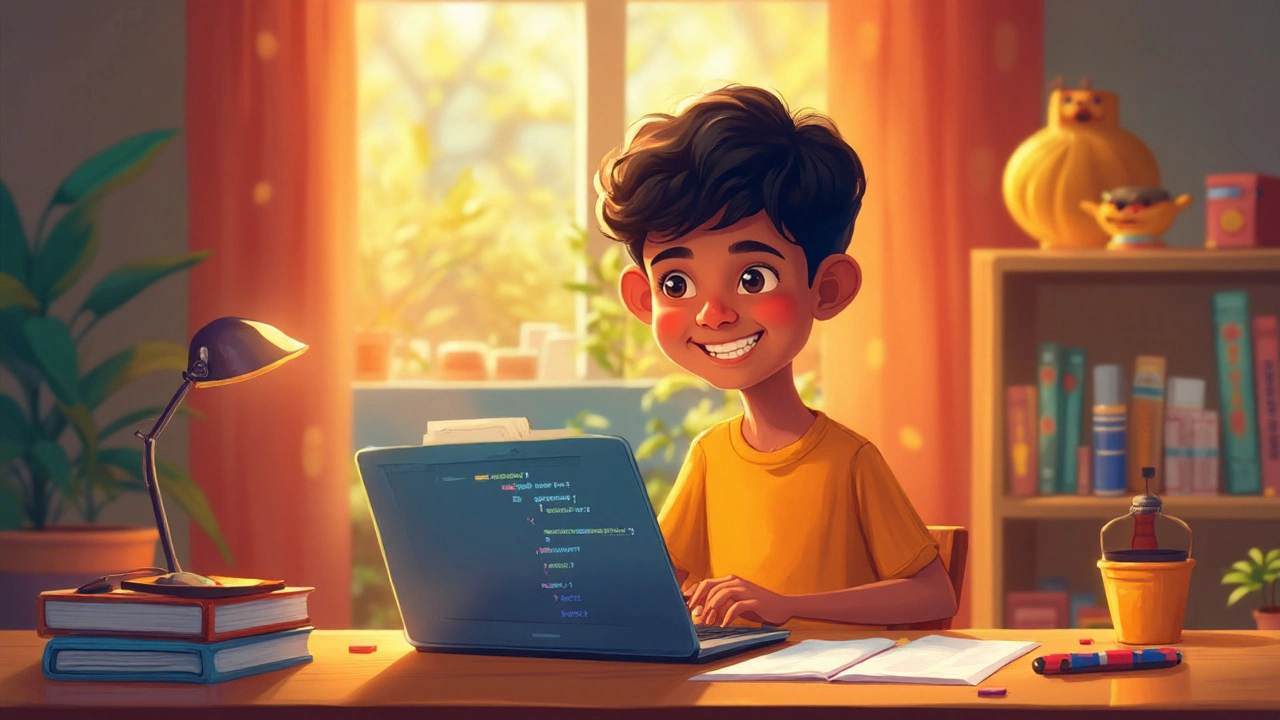
Easiest Coding Languages to Learn: Your Beginner’s Guide
Curious about coding but unsure where to start? Discover the easiest coding languages for absolute beginners, real-world uses, and helpful tips to kick off your journey.
If you’ve ever wondered whether coding is a hard job, you’re not alone. Many people think you need a math genius or a computer science degree to write code. The truth is far simpler: anyone can learn the basics, practice a little each day, and build real skills. This guide breaks down what you need, where to find free tools, and how to keep the momentum going.
Technology touches every part of our lives, from the apps on your phone to the systems that run hospitals. Knowing how to code opens doors to higher‑paying jobs, freelance gigs, and even the ability to automate boring tasks at work. You don’t have to become a software engineer overnight; even a few coding tricks can boost your resume and give you confidence in a digital world.
Beyond the paycheck, coding trains you to think logically. When you write a function, you learn to break big problems into tiny steps. That problem‑solving mindset works just as well for planning a project, organizing a study schedule, or fixing a household issue.
Start with a language that’s beginner‑friendly. Python tops the list because its syntax reads like plain English and it has a massive community. Sites such as learnpython.org and Codecademy let you write code right in the browser, so you skip the hassle of installing anything.
If you prefer video lessons, YouTube channels like FreeCodeCamp and Programming with Mosh walk you through real projects step by step. Pick a short playlist, follow along, and pause whenever you need to try the code yourself.
Once you’re comfortable with basics, try a small project. Build a calculator, a to‑do list, or a simple website about your hobby. Projects give you a sense of achievement and a portfolio piece you can show to future employers.
Don’t forget to join a community. Subreddits such as r/learnprogramming, Discord servers, or local meetup groups let you ask questions, get feedback, and stay motivated. Seeing others solve problems reminds you that every coder hits roadblocks – and gets past them.
Finally, keep a learning log. Write down what you practiced each day, note any errors, and record how you fixed them. Over time you’ll see patterns, and those notes become a personal cheat sheet.
Remember, the hardest part is simply starting. The rest follows a routine of tiny, consistent steps. Use the resources above, stay curious, and you’ll find that coding isn’t a mysterious art reserved for a select few – it’s a skill you can master with patience and practice.

Curious about coding but unsure where to start? Discover the easiest coding languages for absolute beginners, real-world uses, and helpful tips to kick off your journey.